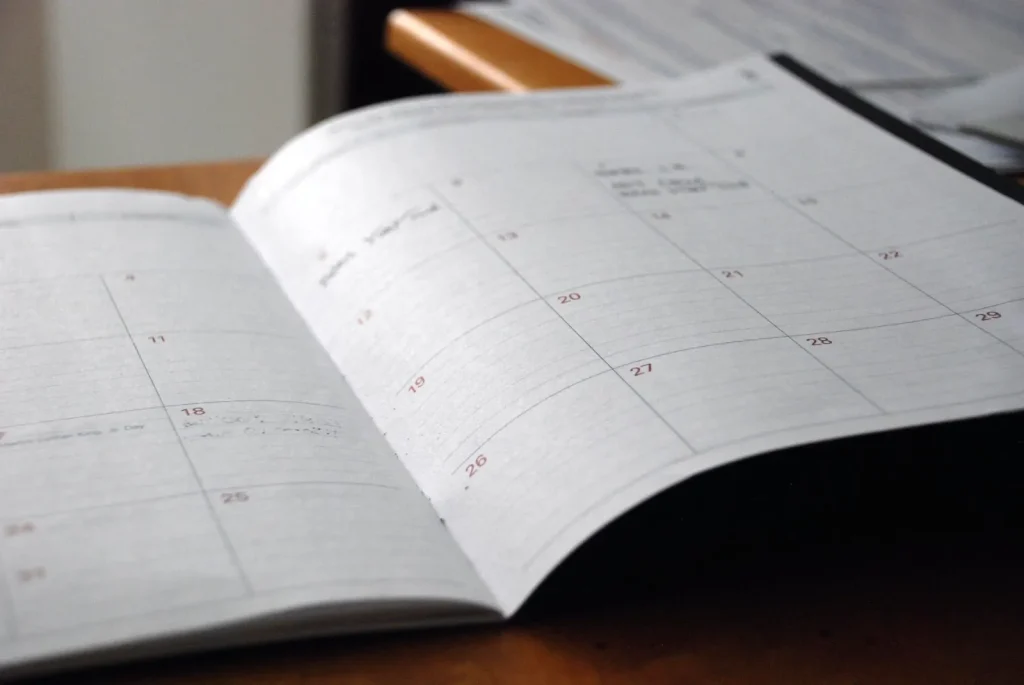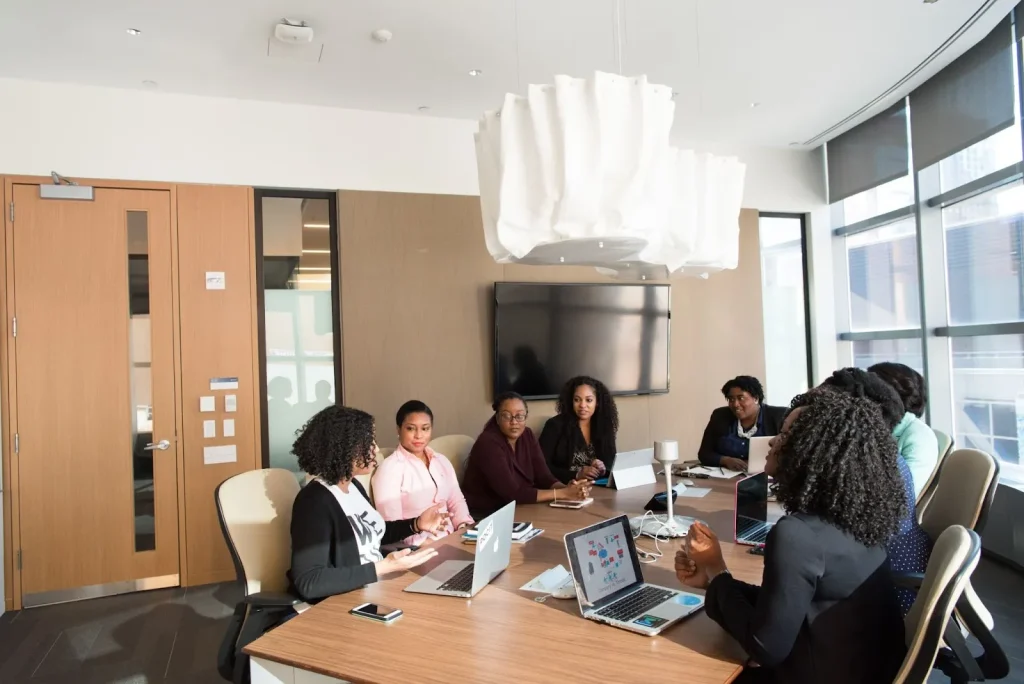What does "I have an ass" mean in business conversation? Includes analogies and paraphrases.

You may have been surprised to hear Japanese people use the words "ass" and "hips" when talking about business in Japan.
This article explains the meaning, example sentences, and usage of "ass" and "oshiri" used in business, and "matsu" which has a similar meaning.
▼Goandup Picks Click here for recommended articles!
- Required before studying abroad! Goandup Nihongo+, an online Japanese language learning service
- This page introduces services for foreigners who wish to study in Japan or improve their Japanese language skills to learn Japanese online.
- Goandup Salon" community for foreigners living in Japan
- We introduce an online community where foreigners living in Japan can exchange information and interact with each other to support their life in Japan.
- Goandup Study" supports foreigners who want to study in Japan.
- This section introduces study abroad support services that provide comprehensive support to foreigners who wish to study in Japan, from preparation for study abroad to living in Japan.
- Where can I buy a prepaid SIM in Japan? Recommended SIM cards for foreigners are also introduced.
- How to purchase a prepaid SIM and suitable SIM cards for foreigners.
- The Complete Guide to Pocket Wi-Fi in Japan for Foreigners!
- We introduce how to select and recommend pocket Wi-Fi products that can be used conveniently in Japan.
- The Complete Guide to Finding a Job in Japan! Finding a job, changing jobs, and part-time work for foreigners
- This site provides foreigners who want to work in Japan with comprehensive information on how to find a job, recommended job sites, and other information necessary to find a job.
Meaning of "ass," "pineapple," and "butt" in business

In business settings, words such as "ass" and "hips" are sometimes used in a unique way. These words usually refer to the buttocks, but in business they can have very different meanings. Also, "pineapple" is used in a similar sense, so let's review the meaning of each here.
Ass" and "hip" = "deadline," "due date," "due date."
In business, when we say "ass" or "hip," we are referring to work deadlines, due dates, and delivery dates.
Compared to "deadline," "due date," and "due date," "ass" and "oshiri" are more casual expressions. By "casual expressions," we mean the kind of light-hearted language you might use in conversation with a friend.
It can also mean "end" or "complete."
The words "ass" and "hips" are sometimes used to mean "end" or "completion.
Matsu" = "last day" or "last day of the month"
Matsu" means "end of the month" or "last day of the month," and has a slightly different nuance from "ass" and "oshiri. Furthermore, unlike "ketsu" and "oshiri," "matsu" is not a casual expression.
What English expression means "ass," "pineapple," or "butt"?
Let's see how these Japanese expressions are expressed in English.
deadline
In English, "deadline" is an expression similar to "ass" and "hips. However, "deadline" does not include the casual nuance of "ass" or "butt".
the end of ~
The appropriate English equivalent for "pine" is "the end of ~". For example, "the end of this month" is "the end of this month.
◆To learn more about business Japanese, check out the following articles!
- What does [understand well] 「逆に」 mean? Thesaurus and example sentences.
- Explains the meaning of the business term "draft". Is it different from draft beer?
- What is the meaning and usage of the word "drop"? And example sentences in business situations.
- What does "zakkuri" mean and how is it used? Expressions in business situations are also introduced.
- Business x Japanese - What does "展開する" mean? Explanation + Example sentences
- What does "Tatakidate" mean in Business x Japanese? Explanation + Example Sentences
Example sentences and usage of "ass", "pine", and "hips".

Now that you understand the meanings of "ass," "pine," and "hips," let's look at some example sentences and how they are used in actual conversation.
Example of "ケツがある"
We have ケツがある on this project, so let's hurry up and get it done."
In this example sentence, "ass" is used instead of "deadline," "due date," or "delivery date. It means that the work needs to be done by the deadline, so let's hurry up.
An example of "wee time"
This process is so slow going that I can't see my butt time."
In this example sentence, "oshiri" is used to mean "end" or "completion". It indicates a situation in which work is not proceeding as planned and one does not know when it will be finished.
Example sentences of "by Mats
Please settle your account by Mats.
In this example, we are requesting payment for goods and services by the end of the month. The "matsu" here refers to "the last day of the month.
Three things to keep in mind when using "ass", "butt", and "pineapple".

When using "ass," "pineapple," and "hips" in business, keep the following in mind.
1. "Ass" and "buttocks" should be avoided by bosses and superiors.
Although "ass" and "hips" are business terms, they can sound vulgar and should not be used by supervisors or superiors.
2. It is safer for women not to use "ass" or "buttocks.
It is mainly men who use "ass" and "hips"; when women use them, they can sound vulgar.
3. "Pine" can be used in any situation.
Unlike "ass" and "hips," "pineapple" does not give a vulgar impression. Therefore, it is acceptable for bosses and women to use it.
For those of you who want to further your studies at a Japanese language school

The Japanese language attracts attention from around the world for its rich expressiveness and profound culture. From movies, music, and literature to everyday conversation, learning Japanese is not only a way to acquire a new language, but also a gateway to a deeper cultural understanding and a broader perspective.
For those of you who want to study Japanese more seriously, enter higher education in Japan, or find a job in Japan, taking your Japanese language skills to the next level is the first step in turning your dreams into reality. There are approximately 700 Japanese language schools in Japan with various characteristics, but it is not easy to select the best school for you.
Therefore, we will do our best to help you choose the perfect Japanese language school to realize your goals and dreams! If you have any questions or concerns about Japanese language schools, please feel free to contact us using the inquiry form below.
We will provide you with the best support to meet your Japanese language learning goals. We hope that our support will make your Japanese language study more fulfilling and fruitful.
summary
In this article, we have discussed the unique Japanese expressions "ketsu," "matsu," and "oshiri" in business situations. These words are often used to mean "deadline," "end of the month," and "completion," respectively. "Ketsu" and "oshiri" in particular are used in more casual contexts, but may not be appropriate for superiors or superiors. On the other hand, "pine" is also used in more formal situations and has a wide range of uses.
We hope this will help foreign residents understand the nuances of these words and use them appropriately in Japanese business communication.






